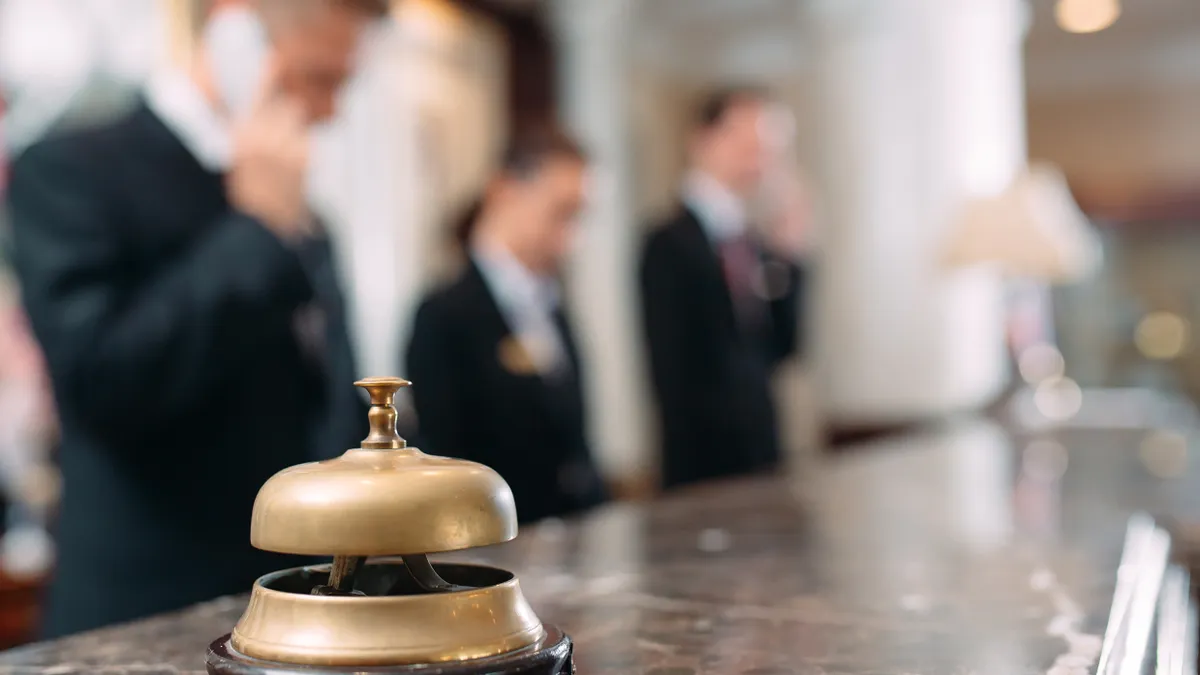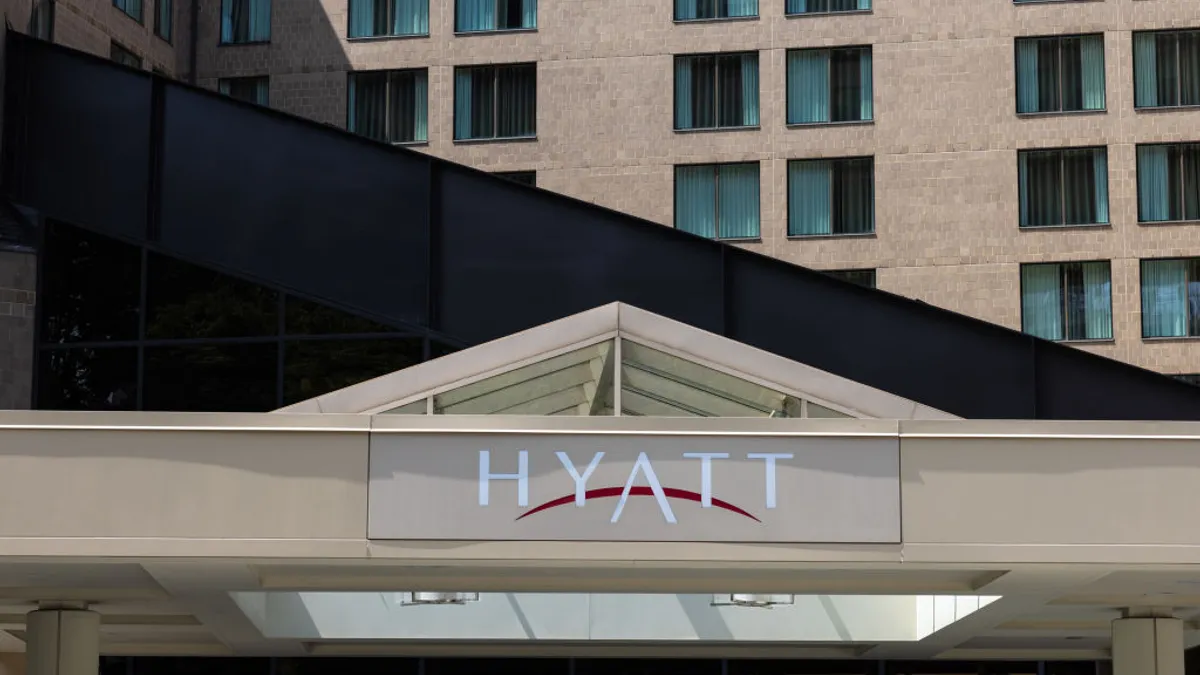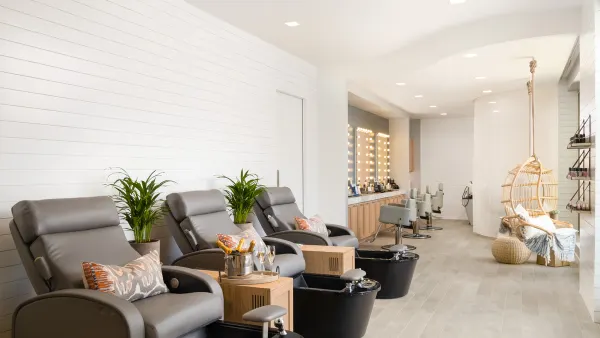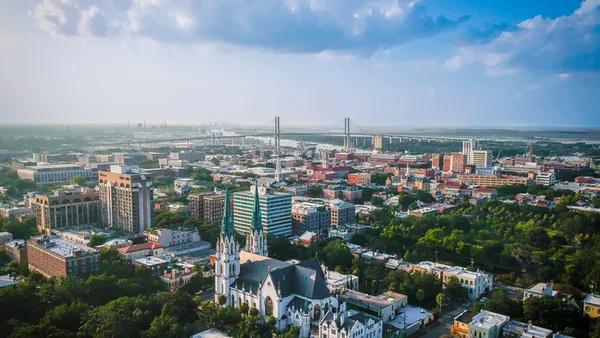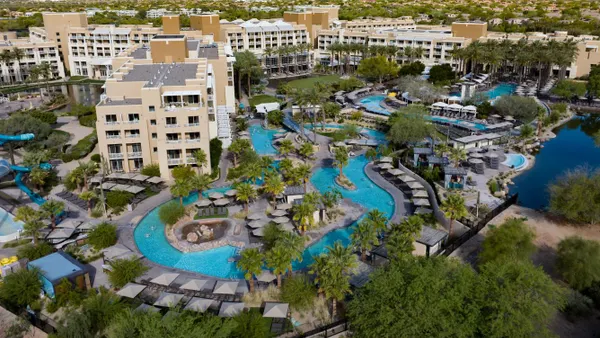Dive Brief:
- When it comes to travel, the definition of “luxury” is changing, according to a report from decision intelligence company Morning Consult.
- Luxury travelers are now less concerned with high-end indulgences and more focused on comfort and relaxation. The report also found that about one in five adults have a negative view of the word “luxury” when it comes to leisure travel.
- As the luxury hotel segment adapts to changing traveler desires, brands should shift their language away from outdated terms and toward words that better resonate with the public, like “unique,” “personalized” and “authentic,” the report said.
Dive Insight:
While more people have a favorable opinion of the word “luxury” than those who don’t, the preference for the word is far lower than other popular words associated with travel experiences, including “authentic,” “unique,” “personalized” and “relaxing,” writes travel and hospitality analyst Lindsey Roeschke.
That may have to do with ongoing economic uncertainties and heightened concern for personal finances, Roeschke noted in the report.
When it comes to “luxury” travel, leisure travelers are now more concerned with great customer service than they are with traditional luxury travel markers like first-class flights and upscale hotels. The report found that 55% of U.S. adults believe great customer service “definitely” needs to be part of their travel experience for them to consider it “luxury.”
The rise of automation in the hospitality industry, then, should give industry leaders “pause,” Roeschke writes — digital tools can either enhance the guest experience or detract from the level of customer service they’d like to receive.
Of course, luxury travel remains, well, a luxury for most, with 58% of consumers saying they’d be unable to take a luxury trip even if they wanted to now.
The luxury segment, however, is growing for many brands. Last month, Marriott International announced plans to add rooms in its luxury segment, in which it expects to see increased traveler spending over the coming years.
And the luxury lifestyle hotel pipeline, in particular, is growing. Also last month, Hyatt announced plans to expand its luxury lifestyle portfolio by 30 hotels.



